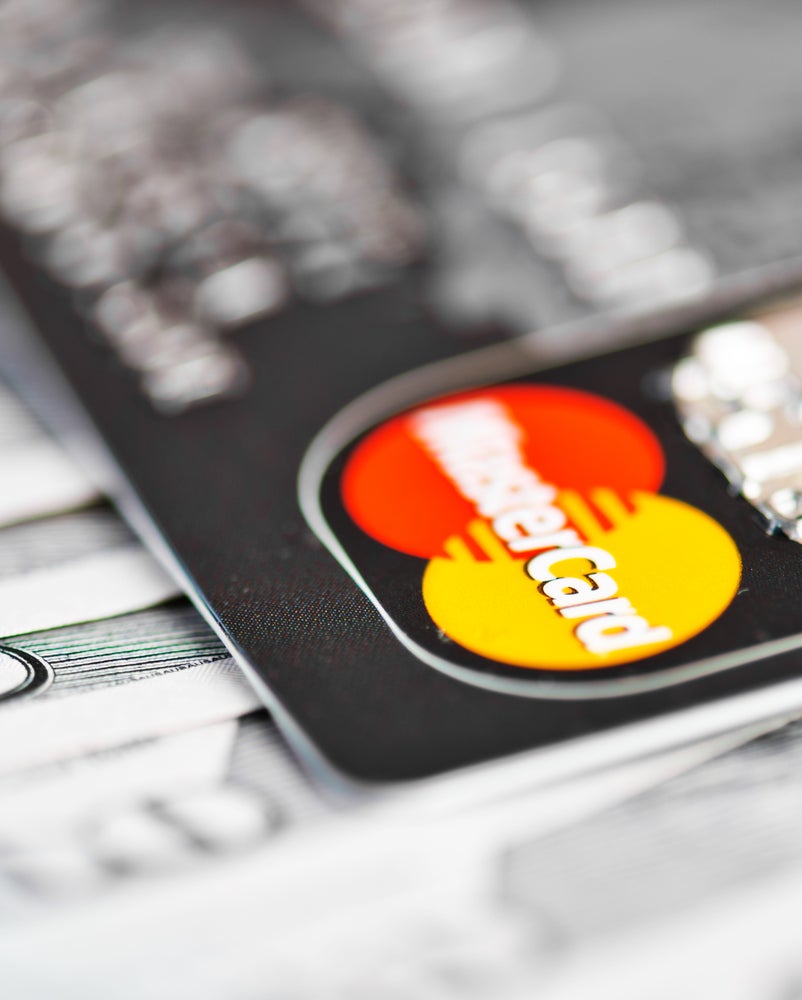
In certain circles, the word “credit” carries negative connotations. Those who have struggled with debt avoid credit, fearing its ability to damage their lives. Don’t let a few mistakes sway you from using credit wisely. Follow the tips below to prevent credit card debt and maintain a positive score.
- Pay balances in full. Revolving debt allows you to carry a balance and pay it off in small increments. While this may be convenient, it doesn’t make it wise. Maintaining a credit card balance leaves you vulnerable to accruing interest. Over time, that $500 Visa debt could balloon into $5,000 without careful attention. Prioritize credit health by paying your credit card balances in full every month. This habit will help you maintain manageable spending while minimizing risk. You can’t lose.
- Avoid late fees. Forgetting to pay your bill is a no-no in the world of credit repair. Not only will it damage your score, the average creditor will attach fees and penalties to the original balance. Protect yourself by paying your bills at least a week before they’re due.
- Say no to cash advances. Unless the money is yours, don’t ask for cash. Using credit for this purpose comes with hefty fees and applicable interest rates, a consequence that will undoubtedly increase your balance.
- Understand terms and conditions. Understanding your credit card means knowing more than just the limit. For example, what is your interest rate? How is it applied to the balance? If the interest rate increases, why? If your card offers a zero-interest introductory rate, when will it expire? Familiarizing yourself with the terms and conditions is the best way to fully understand your card’s abilities and limitations. Don’t skip the fine print.
- Create a budget. Avoid overspending (and overcharging) by creating a monthly budget. Catalog your income and categorize expenses accordingly. For example, if you earn $5,000 per month, how much do you spend on necessity purchases like rent, food and utilities? What about extras like entertainment and cable service? Assigning numbers to these expenses will help you understand when you can afford to spend. Don’t wait to organize your life.
- Assign expenses. Utilization is an important part of credit health, so why not use it in the right way? Assign expenses to each of your cards to avoid overcharging. For example, use your Visa to pay for cell and cable service and your MasterCard to pay for groceries and miscellaneous items. As always, be sure to pay the balances in full at the end of each month.
- Save, save, save. An emergency fund is an essential part of maintaining credit strength. Saving three to six months’ worth of income will ensure that you are protected in case of unforeseen expenses or unemployment. This strategy will also prevent you from relying on credit. Save early and save often. Tomorrow’s events are a mystery.
- Beware of balance transfers. A popular myth of credit repair exists in consolidation. While one balance is easier to manage than two or three, the cost of transferring your responsibilities is steep. The average transfer fee is three percent of the remaining debt, eclipsing the savings of a lower interest rate. Do the math before scheduling a transfer. Your bank account will thank you.
- Limit authorized users. Many responsible consumers have been burned by an authorized user: a friend or family member who has been granted access to their credit accounts. While you may want to help your child or best friend improve their credit scores, you should never place your own in danger. Limit authorized users to close and trustworthy people.
- Develop a healthy perspective. Credit isn’t a license to spend; it’s an opportunity to strengthen your finances. Use credit to establish your reputation as a reliable consumer rather than a careless spender. Adopting this mindset will help you behave responsibly and avoid unnecessary (and costly) debts. It’s never too late to change your life. Find the motivation by changing your perspective as well.






